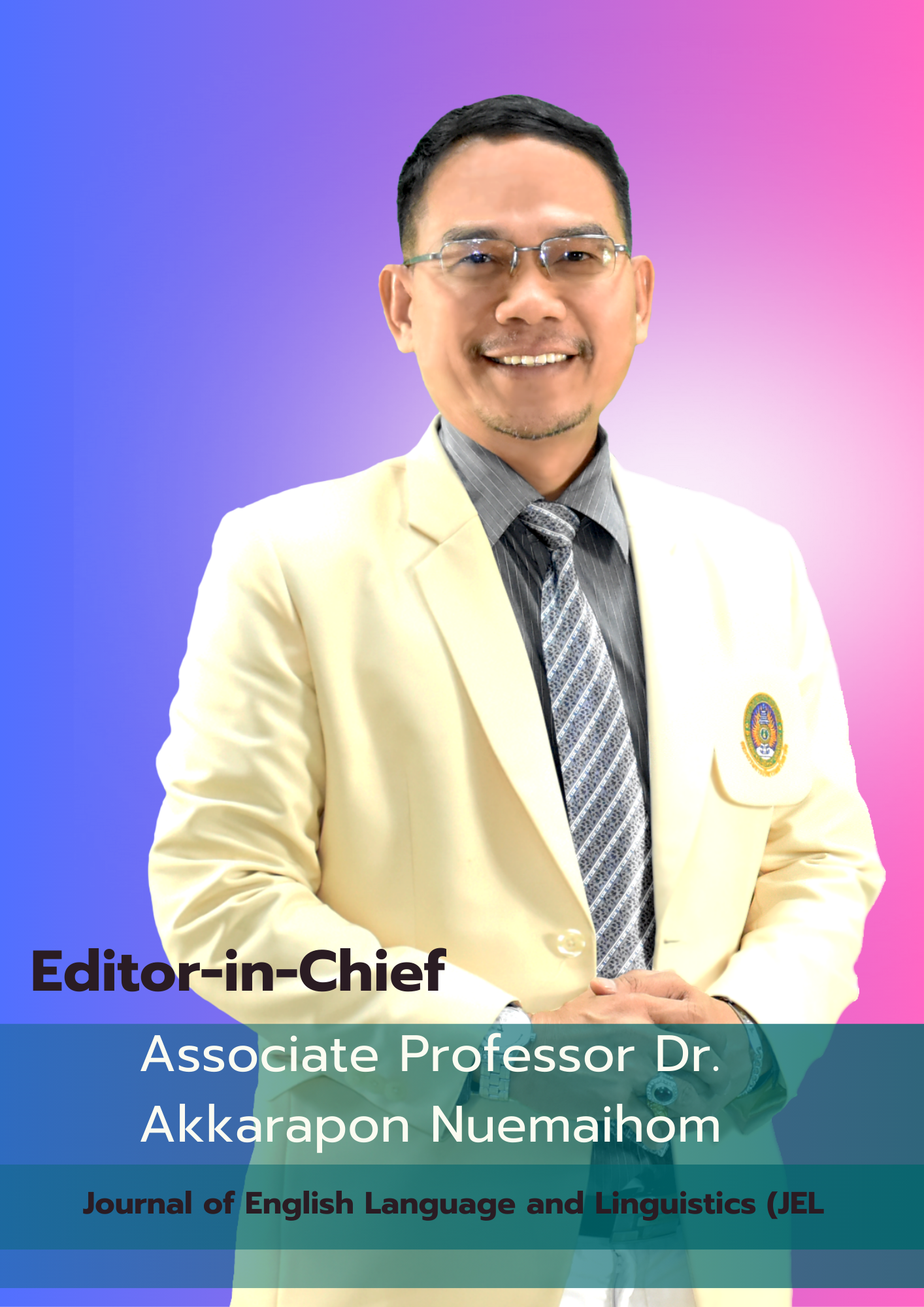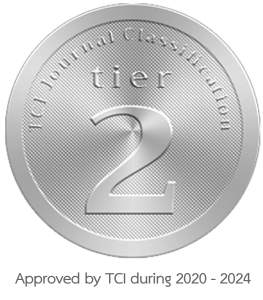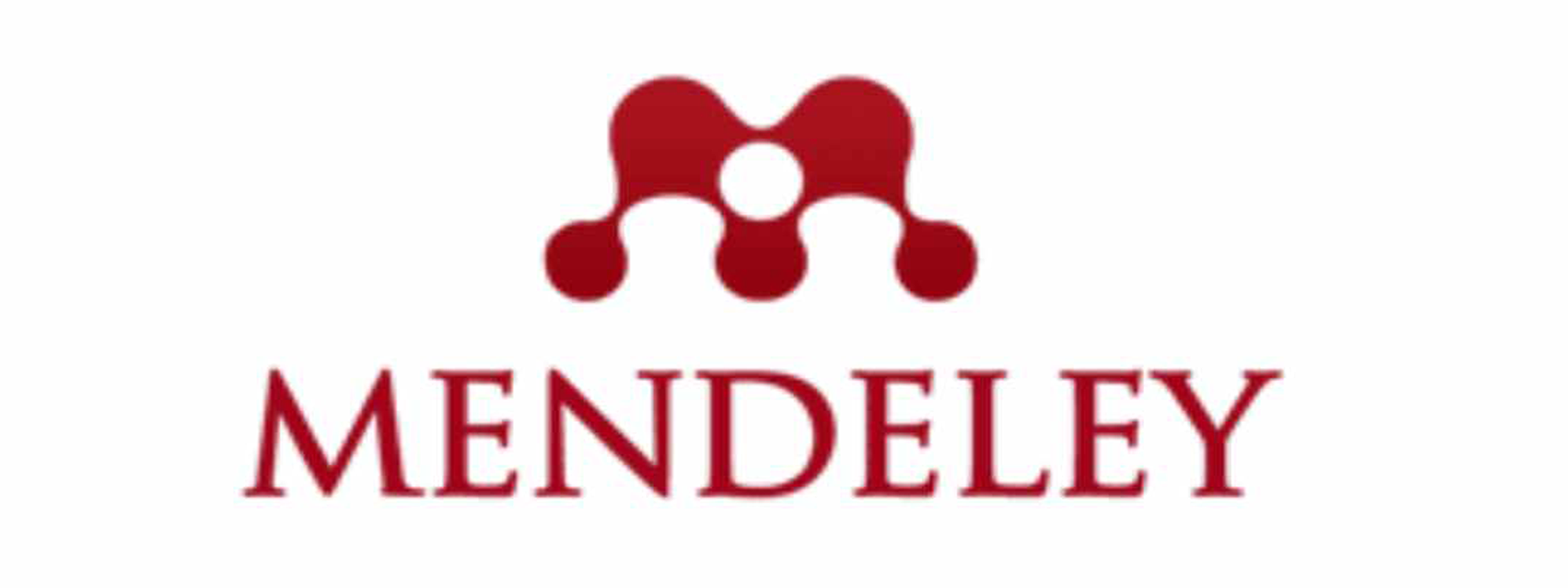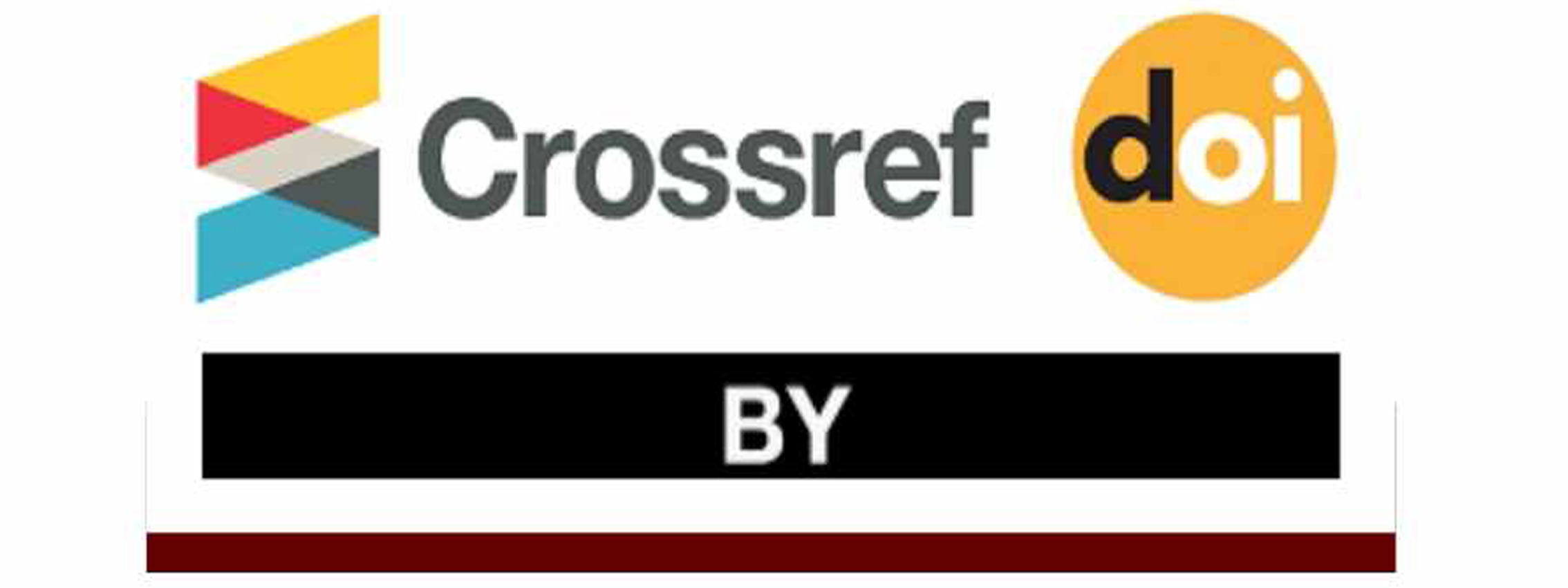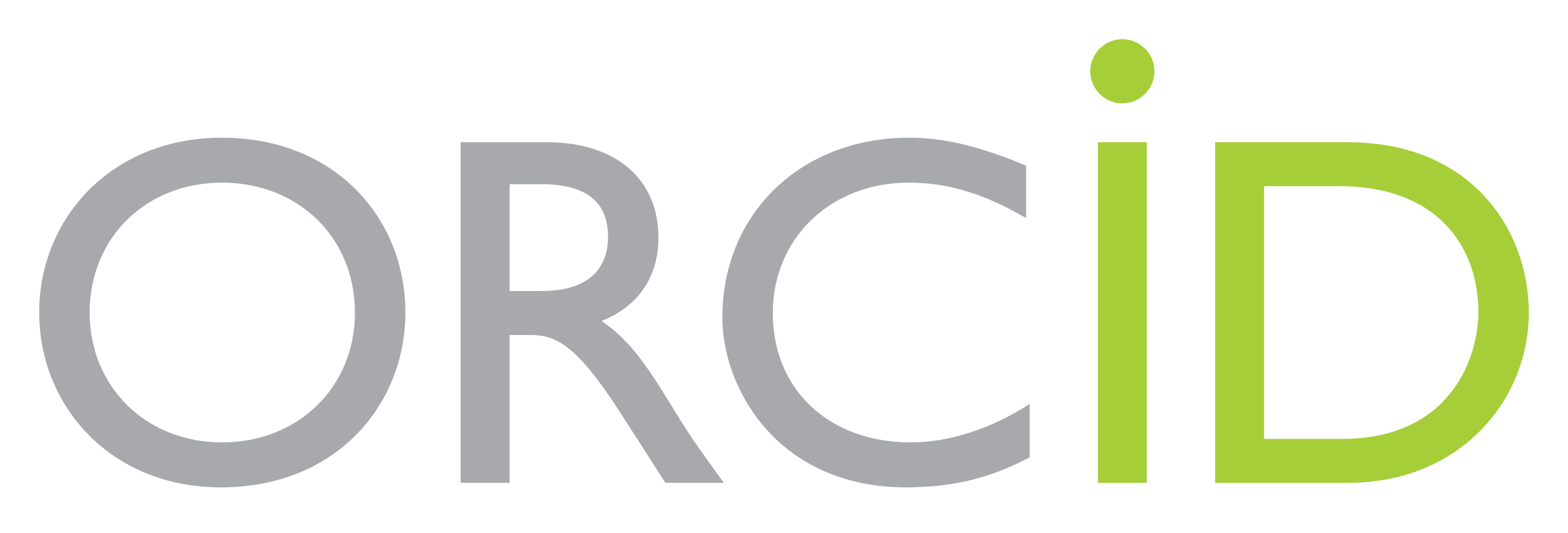Development of an instructional English manual for hotel receptionists in Buriram province, Thailand
DOI:
https://doi.org/10.62819/jel.2024.502Keywords:
development, English for hospitality, instructional English manual, hotelAbstract
This study aimed to achieve three main objectives: 1) to investigate the needs of hotel receptionists in Buriram province, Thailand for learning English for hospitality, 2) to construct an instructional English manual tailored to meet the receptionists’ needs; and 3) to examine the satisfaction of the developed manual. The population of this study consisted of 200 hotel receptionists working in Buriram province, Thailand. The sample was 32 receptionists from hotels in Muang district, Buriram province, selected by purposive sampling. The research instruments included a questionnaire on the need for learning English for hospitality, a satisfaction questionnaire, and a semi-structured interview. The collected data were analyzed using frequency, percentage, mean, standard deviation, and content analysis. The findings revealed that: 1) the hotel receptionists expressed a high need for an instructional English manual, 2) the developed manual was in the form of a mini e-book comprised of five units: greeting and saying goodbye, making reservations, asking and offering help, writing emails for hotel business, and providing hotel and other relevant information; and 3) the satisfaction towards the manual was at the highest level.
References
Agarwal, P. K., & Naidu, K. (2021). A Study on Importance of Training and Development in Hotel & Tourism Industry in Uttarakhand. SRD International Journal of Accounts, Economics and Commerce Research, 7(1), 1-8.
Anuwaiya, C., Boontos, M., & Wisettranon, N. (2018). Problems of English Listening and Speaking Skills for Hotel Receptionists in Buriram Province. [Unpublished Bachelor’s independent study]. Buriram Rajabhat University.
Basturkmen, H. (2010). Developing courses in English for specific purposes. Palgrave Macmillan.
Brown, H. D. (1987). Principles of language learning and teaching (2nd ed). Upper
Prentice-Hall.
Brown, J. D. (1995). The elements of language curriculum: A systematic approach
to program development. Heinle & Heinle Publishers.
Graves, K. (2000). Designing language courses: A guide for teachers. Heinle & Heinle Publishers.
Kandampully, J., & Suhartanto D. (2000). Customer loyalty in the hotel industry: The role of customer satisfaction and image. International Journal of Contemporary Hospitality Management, 12(6): 346-351.
Kasumajaya, I. D. M. B., Padmadewi, N. N., & Budasi, I G. (2015). Developing English Materials for Front Office Course for the Students of Hotel Accommodation of PPLP Dhyana Pura. Jurnal Pendidikan Bahasa Inggris, 3(1), 1855-1871. http://doi.org/10.23887/JPBI.V3I1.1855
Kongtham, I. (2020). Need analysis on English language functions for hotel staff in
Phuket Province. Sripatum Chonburi Academic Journal, 16(3), 13-22.
Piriyasilp, Y. (2014). English language needs of tourism industries in Khon Kaen province. Journal of Thai Hospitality & Tourism Management, 9(2), 16-30
Strangio, S. (2023, January 25). Thai tourism recovery on track as international arrivals jump. The Diplomat. https://thediplomat.com/2023/01/thai-tourism-recovery-on-track-as-international-arrivals-jump/
Taraporn, T., Torat, S. & Torat, B. (2014). The development of hotel English training program focusing on task-based instruction to enhance communication skills. Thailand. Veridian E-Journal, 7(5), 205-221.
Yamin, A. A. (2021). Needs Analysis on English language use by hotel staffs in
Bandung. ELTICS JOURNAL, 6(2), 12-21.






